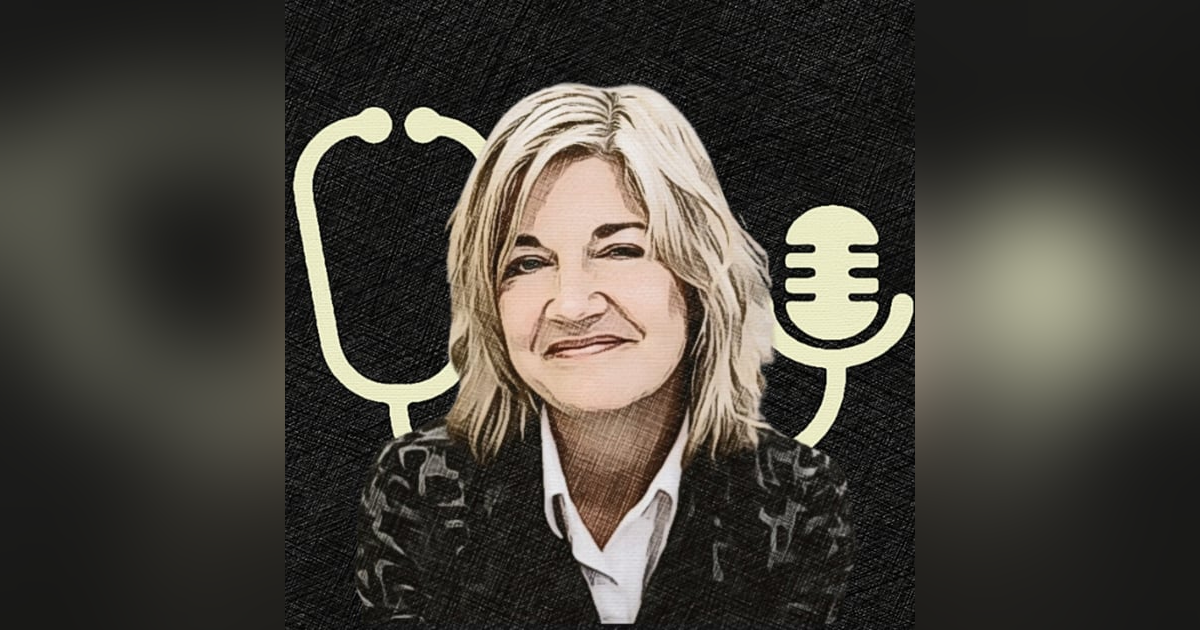108: Married To The Vet Profession: Advice From (And For) Our Significant Others. With Regina Carey

Regina Carey is a coach, public speaker and special educator who works to help drive change within the veterinary and human healthcare professions. But in this interview we focus on another aspect of her life: she’s married to a veterinarian, and therefore, by default, married to the veterinary profession.
In this episode we explore what’s that like to be the significant other in the life of a vet, what it takes to support a vet career, and what our partners want us to know. Regina gives us the solution to making space in a relationship for two careers, especially when one of the careers can be particularly time and commitment hungry!
We also pick Regina’s coach brain with topics like invisible disabilities, the not-so obvious things that get in the way of becoming the best version of ourselves, like excessive competitiveness, the consequences of the language we use with ourselves, and how to draw a hard line with aggressive clients. But first, we start with a veterinary love story…
You can find Regina at her website, Queen Of Action and on LinkedIn.
Topic List:
04:22 Regina's experience being married to a vet.
12:53 You don't need to sacrifice everything to be a vet.
16:31 Making space for two careers in a relationship.
24:09 Regina's career before she delved into vet stuff.
28:15 Coaching people with invisible disabilities.
35:24 The link between competitiveness and a lack of self esteem.
40:08 Why are supportive relationships vital in the vet industry?
46:18 Holding space for a relationship or your partner as a vet.
48:15 How do you find the support systems?
51:48 How to disallow disrespect without being rude.
58:46 Regina's advice for the significant others of a vet.
62:25 Things that makes the vet industry uniquely challenging to a coach.
65:18 "How do you solve the gap between vets wanting more money for less work?"
70:27 Regina's favourite podcasts.
71:38 Regina's advice to new grad vets.
Join our community of Vet Vault Nerds to lift your clinical game and get your groove back with our up-to-date, easy-to-consume clinical episodes at vvn.supercast.com.
Get help with your cases in our Specialist Support Space.
Visit thevetvault.com for show notes and resources related to this episode.
Connect with us through our online Vet Vault Network for episode highlights, clinical resources, discussions, questions and support.
Subscribe to our weekly newsletter here for Hubert's favourite clinical and non-clinical learnings from the week.
Regina's podcast recommendations.
We can do hard things with Glennon Doyle and Abby Wambach
The Hidden Brain an NPR podcast
Burnout by the Nagoski Sisters






